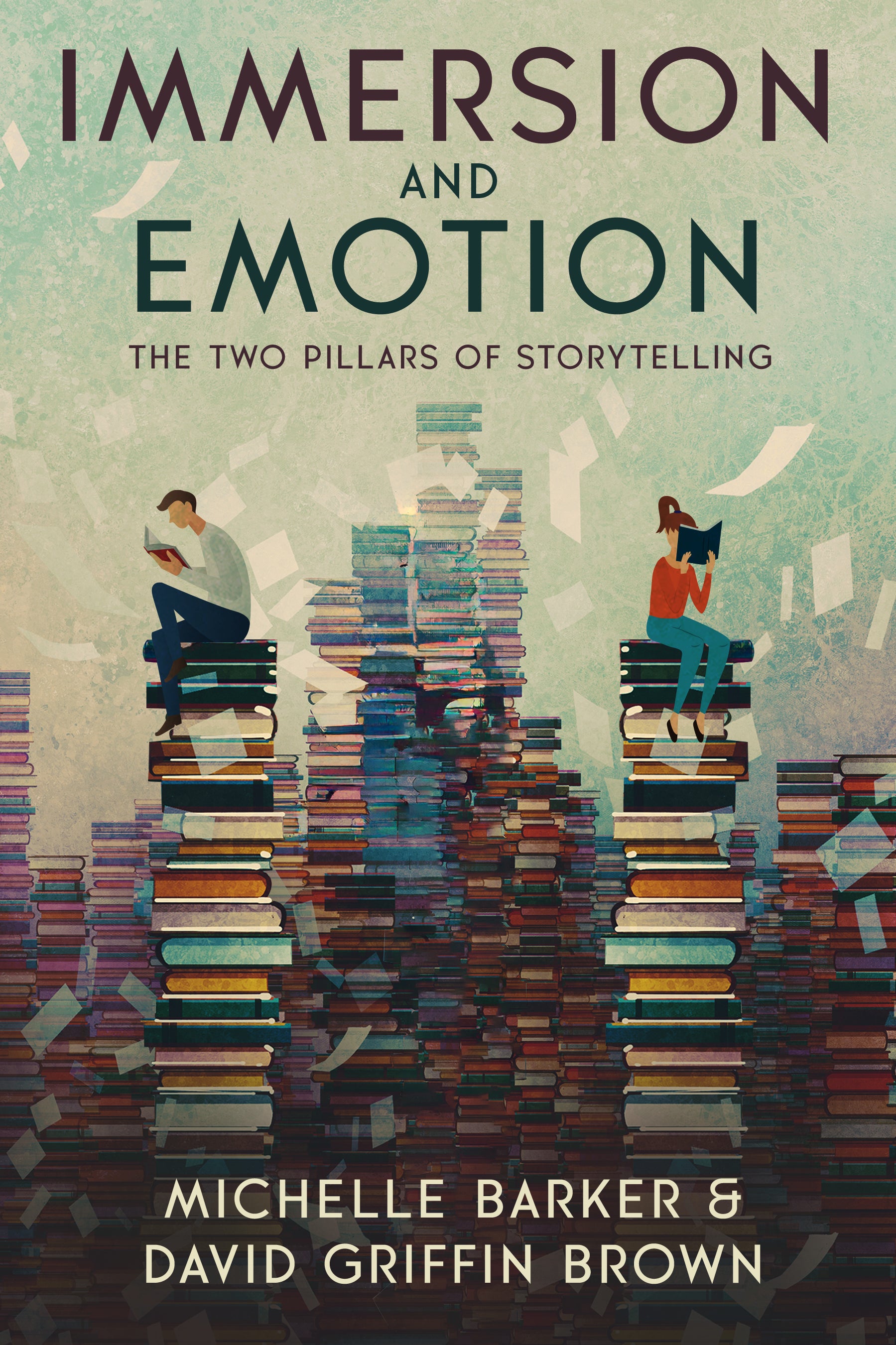What the Heck is the Difference Between Literary, Upmarket, and Book Club Fiction?

By David Griffin Brown
As a developmental editor, I’m frequently asked by clients about how best to categorize their manuscript. On one hand, there are some dizzying terms and trends out there, so the confusion makes sense. On the other, you don’t need to worry too much about deciding on the perfect (singular) genre. Take a look at any book on Amazon—they all have multiple genre tags.
One question I’m asked frequently is how to choose between three industry genres that have become extremely popular: literary, book club, and upmarket. These three have a lot in common, but the distinctions provide an important glimpse into the market importance of each category.
What Exactly is Literary Fiction?
It’s difficult to define literary fiction. Unlike genre fiction, which typically adheres to certain thematic or structural conventions, literary fiction transcends these boundaries. It’s not just about telling a story; it’s about how the story is told. The prose in literary fiction is usually more elevated. It prioritizes beauty and complexity over page-turning action. Character development is subtle and nuanced in a way that offers readers a profound understanding of the characters' internal worlds.
Authors such as Ursula Le Guin and Raymond Chandler, traditionally shelved as SFF and mystery, are often celebrated for their literary qualities. Their works exemplify how literary fiction can exist within and transcend genre boundaries. Other authors who have achieved a similar balance include Margaret Atwood and Kazuo Ishiguro, but they are arguably seen as literary first with speculative leanings.
The line between genre and lit, therefore, is not always clear. Many novels blur these boundaries by incorporating intricate characterization and language with page-turning storylines. To better promote books like these, the industry created the literary subgenres of book club and upmarket. These aren't terms you'll typically find on the shelves of a bookstore, but they are quite important when it comes to marketing.
Defining Upmarket and Book Club Fiction
Upmarket fiction represents a sweet spot between commercial and literary novels. It is characterized by a strong, page-turning plot and an elevated degree of sophistication or complexity in terms of language, character, and theme.
Some of the most popular upmarket novels on Goodreads, for example, includes The Time Traveler’s Wife by Audrey Niffenegger, The Secret Life of Bees by Sue Monk Kidd, Station Eleven by Emily St John Mandel, and The Secret History by Donna Tartt. Interestingly, some classics get pulled into this genre, including The Bell Jar by Sylvia Plath and To Kill a Mockingbird by Harper Lee.
Book club fiction, which definitely overlaps with upmarket, is defined not just by its content but by its purpose—to stimulate discussion and thought among readers. These books tackle relevant and sometimes controversial themes; they present characters and situations that provoke reflection and debate. They are the kind of books that invite analysis and discussion.
Examples of popular book club fiction include The Kite Runner by Khaled Hosseini, Water for Elephants by Sara Gruen, The Book Thief by Markus Zusak, and Life of Pi by Yann Martel. Classics that Goodreads considers book-club worthy include Jane Eyre by Charlotte Brontë and The Catcher in the Rye by JD Salinger.
Now you might pause here and wonder: can’t a page-turner with complex characters also invite analysis and discussion? Yes, absolutely. The difference between upmarket and book club seems somewhat arbitrary. You could also argue that many of these books are in fact solidly literary. The Goodreads lists that I pulled the above examples from include many of the same titles.
So which genre should you choose?
If you’re trying to decide on a single genre, then you’re probably thinking about querying agents and/or publishers. It’s usually best to limit yourself to one genre in your query letter, unless your manuscript is a blended genre or subgenre like fantasy-romance. That’s especially true when it comes to the categories of literary, upmarket, and book club; there is so much overlap, it’s redundant to mention more than one.
If you’re deciding on your genre for an Amazon listing, you get to choose three. Again, it’s best to avoid redundancy, but most importantly, you want to target the right readers. (And you don’t need to worry about choosing between book club and upmarket since these aren’t among the options.)
Ultimately, the main takeaway for writers is to think in terms of your target audience. Which novels are your future readers buying today? This is the exact same question you are meant to ask yourself when choosing comparable titles for your query letter.
Understanding industry genres isn't just about fitting into a box; it's about connecting with readers who are looking for books just like yours.

David Griffin Brown is an award-winning short fiction writer and co-author of Immersion and Emotion: The Two Pillars of Storytelling. He holds a BA in anthropology from UVic and an MFA in creative writing from UBC, and his writing has been published in literary magazines such as the Malahat Review and Grain. In 2022, he was the recipient of a New Artist grant from the Canada Council for the Arts. David founded Darling Axe Editing in 2018, and as part of his Book Broker interview series, he has compiled querying advice from over 100 literary agents. He lives in Victoria, Canada, on the traditional territory of the Songhees and Esquimalt Nations.




